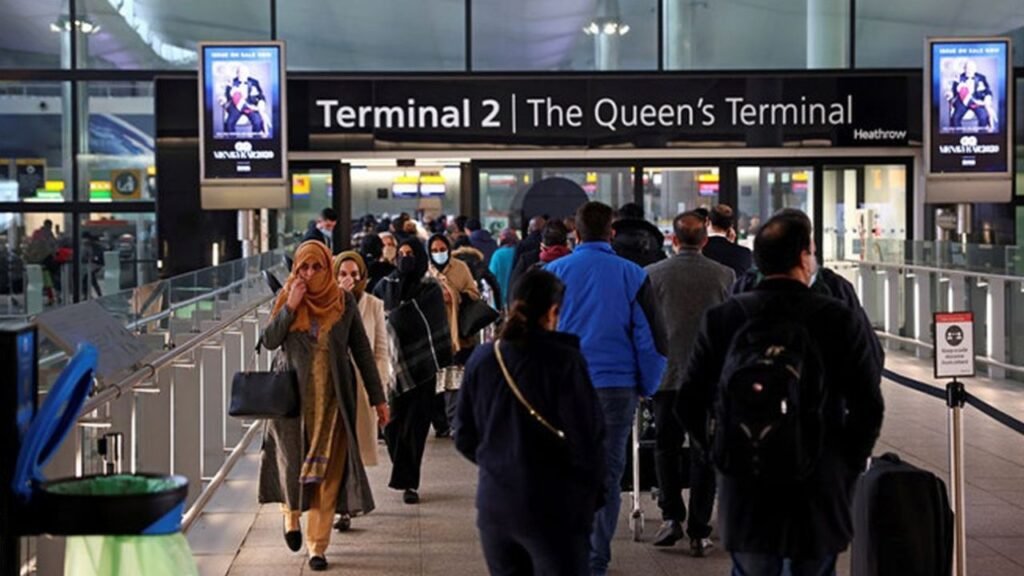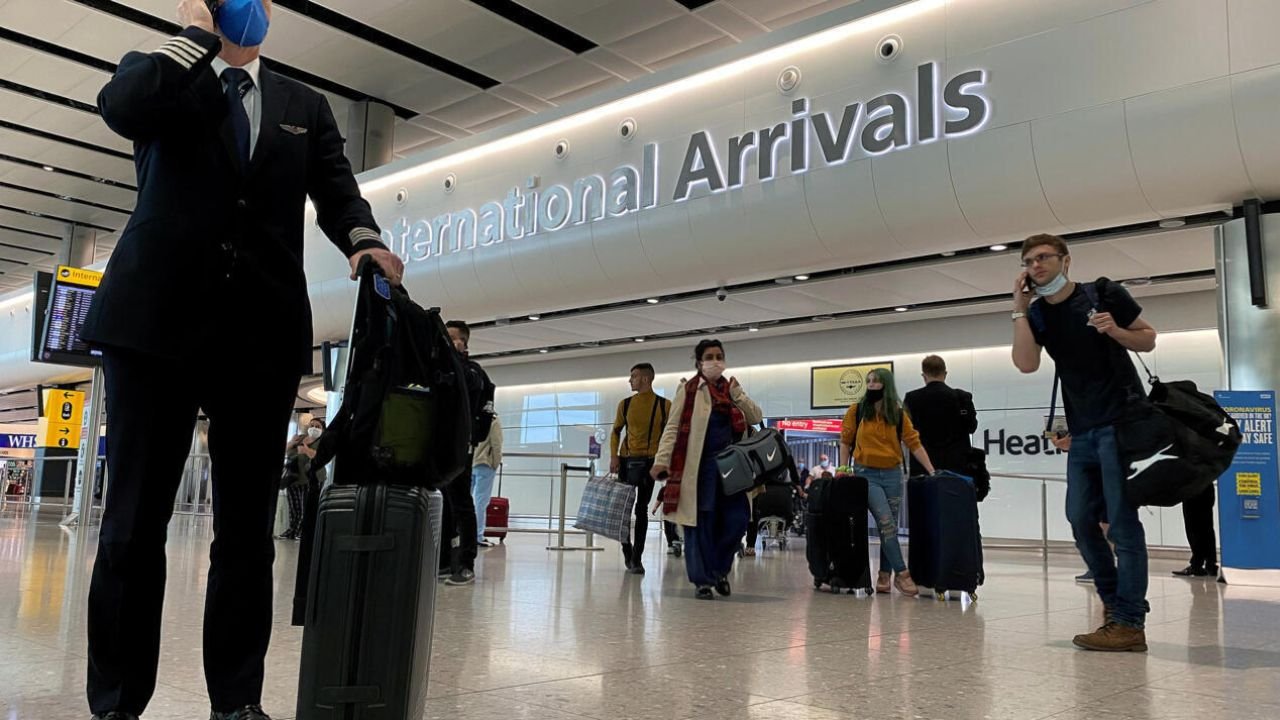From late 2026, British holidaymakers will need to pay a new entry fee when visiting many European destinations. The scheme, called the European Travel Information and Authorisation System (Etias), will require UK travellers to apply online before their trip. The cost of this authorisation has been set at €20, which is around £17. This is a significant increase compared to the original plan, which had suggested a much lower fee of €7.
Why the Fee Has Been Introduced
The Etias system is being brought in as a visa-waiver arrangement to improve border security and monitor non-EU visitors entering the Schengen Zone. Since Brexit, the UK is considered a third country, meaning British citizens no longer enjoy the same free movement rights as EU nationals. This system is similar to America’s Esta process, where travellers must obtain an electronic travel authorisation before flying.
How Long the Authorisation Will Last
Once approved, the Etias authorisation will be valid for three years, or until the traveller’s passport expires, whichever comes first. This means tourists will not have to apply every time they visit, provided their passport remains valid. It offers some flexibility for frequent travellers, although the upfront cost is higher than many had anticipated when the scheme was first announced.
Who Will Need to Pay the Fee

The €20 charge applies to most travellers aged between 18 and 70. Those under 18 and over 70 are exempt from payment, making family trips slightly more affordable. In addition, family members of EU citizens or non-EU nationals who already have free movement rights within the European Union will not need to pay either. For the majority of UK tourists, however, the fee will be compulsory.
How the Payment Process Works
Travellers will need a payment card to complete the online application for Etias. Multiple payment methods will be available, ensuring the process is straightforward for applicants. The authorisation will be linked electronically to a passport, removing the need for any physical documents to be carried separately. This digital process aims to make travel smoother while maintaining stricter checks at European borders.
Reaction from UK Travellers
Many UK holidaymakers have expressed concern about the increase in cost. When the scheme was first proposed, the fee of €7 seemed manageable, but the rise to €20 has left some questioning the fairness of the charge. Travel organisations have advised people to prepare for the change and factor the extra expense into their holiday budgets. Despite the criticism, European authorities argue the system will enhance security and streamline border procedures.
What This Means for Future Trips
The introduction of Etias marks another change for UK travellers post-Brexit. While it is not as restrictive as a full visa, it does add an extra step and cost before travelling. Families and frequent travellers will feel the impact the most, especially with the increase in fees. However, for many, the requirement will become just another part of holiday planning, much like booking flights or accommodation.

